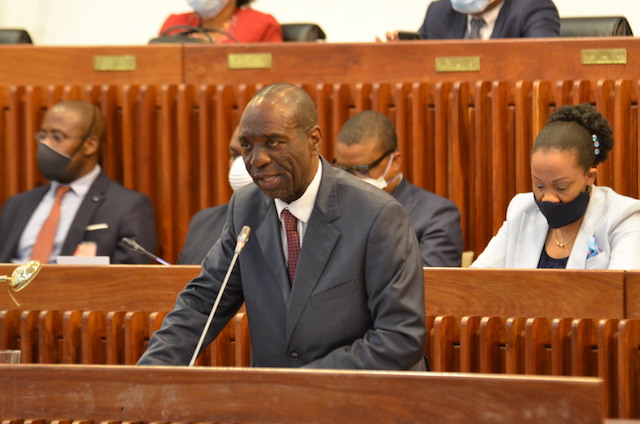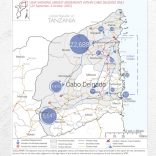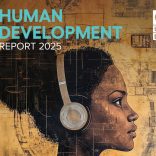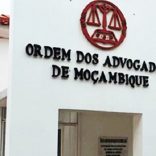Mozambique: Civil Society challenged to strengthen intervention against malaria
Government says there is no “legal framework” for controlling fees in private education and clarifies that classes held during the State of Emergency “have no classificatory effect” – A Verdade

Photo: A Verdade
Prime Minister Carlos Agostinho do Rosário declared in the Assembly of the Republic yesterday that he would intervene in the dispute between private schools and parents about tuition fees chargeable during the State of Emergency because legislation did not allow it.
“The government considers improving the legal framework that governs the relationship between education service providers and their users critical,” he said, reiterating that the distance learning classes given since the end of March “have no classificatory effect”.
Deputies asked the prime minister how the government was dealing with students who do not have access to Information and Communication Technologies in the context of the State of Emergency and confronted Carlos Agostinho do Rosário with the fact that fees continue to be charged by private schools, in some cases with no reduction whatsoever, despite the fact that face-to-face classes were not taking place.
The presidential decree is clear in restrictive measures to prevent and/or combat the pandemic of the Covid-19, mandating “suspension of classes in all public and private schools, from pre-school to university education”.
The prime minister started by recognising that classes via television, radio, the internet and mobile phones “do not cover our entire universe of students and learners taking into account the reality of our country (…) This is how we would like to ensure that, when the face-to-face classes resume, the subjects given during the period of the State of Emergency will be reviewed, as well as the adjustment of the programmatic contents and the school calendar”.
Regarding the monthly fees that private schools continue to charge, and collect, the prime minister said that “the government considers it critical to improve the legal framework that governs the relationship between education service providers and their users, with emphasis on the regulation and establishment of harmonised mechanisms for price formation and service provision in this sector”.
In fact, this alleged legal void is not a conception shared by some experienced lawyers, and there is even a court sentence that belies the government’s position.
Schools have money to produce supporting texts and worksheets
Carmelita Namashulua supported the prime minister, arguing that the Ministry of Education and Human Development exercises on private schools only “inspection and methodological and pedagogical supervision”, and that the government’s position is that of “mediator, urging the parties to a permanent, open and pleasant dialogue in order to maintain mutual trust”.
Regarding classes during the State of Emergency, the head of Education and Human Development said that they aimed to “ensure a healthy occupation and the permanence of students at home (…) It is also important to mention that the matters covered in the worksheets, home work and other types of work oriented by the teacher, aim to verify the degree of assimilation of the contents by the students, and therefore have no classificatory effect”.
In addition, the Ministry of Education and Human Development has “instructed schools to allocate 30 percent of the value of Direct Support to Schools to the production and distribution of supporting texts and worksheets, especially for disadvantaged students”.
By Adérito Caldeira













Leave a Reply
Be the First to Comment!
You must be logged in to post a comment.
You must be logged in to post a comment.